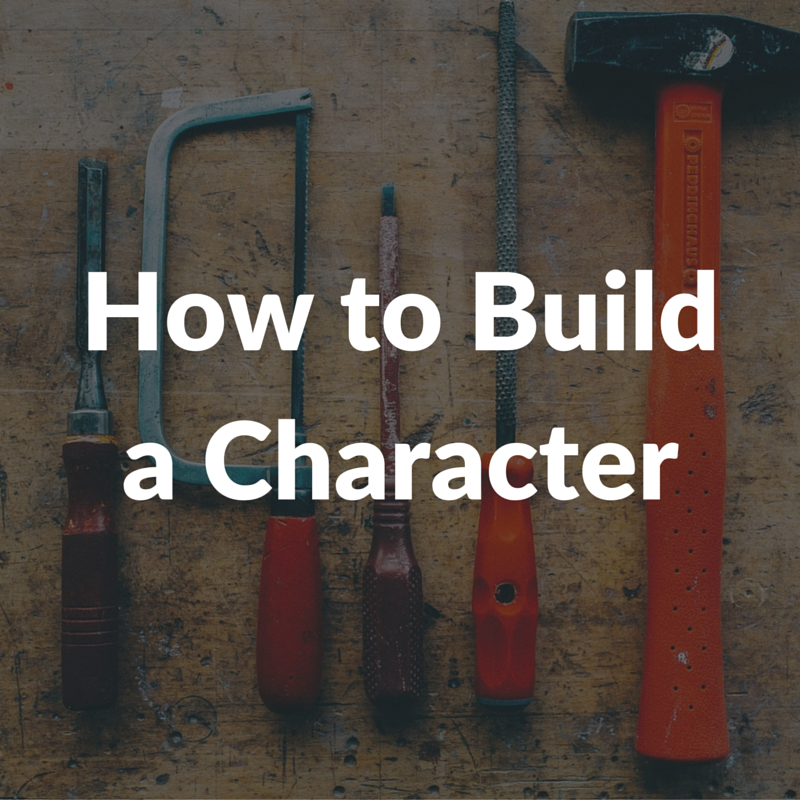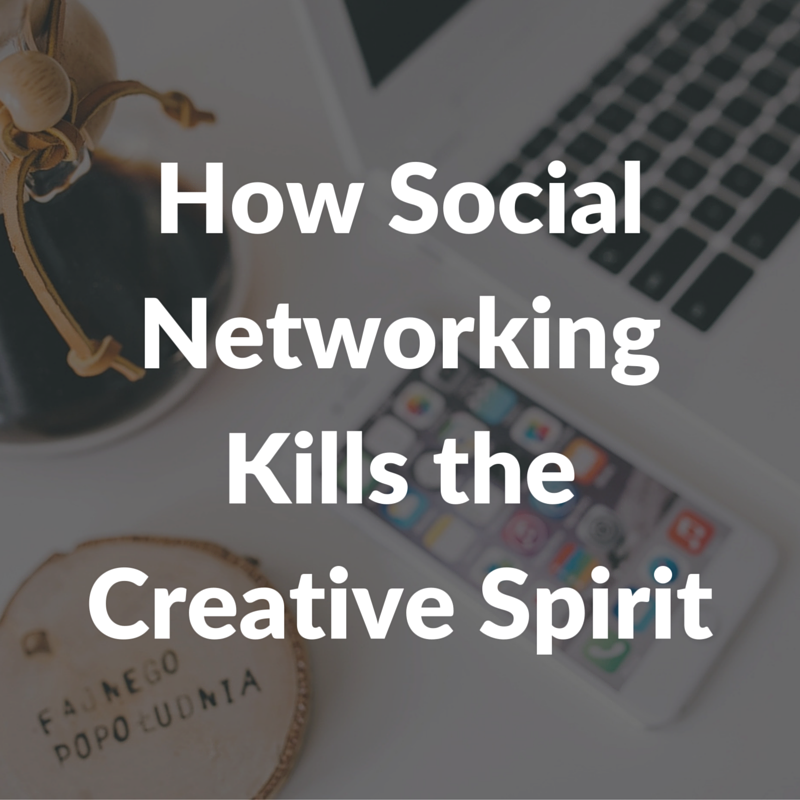1. The Organizations
The list of writer’s organizations is long and varied. Start here. Sisters in Crime (SinC), Mystery Writers of America (MWA) and Romance Writers of America (RWA) take unpublished members. International Thriller Writers (ITW) allows associate members. Yes, it costs money to join. (SinC $40, MWA $95, RWA $95). Just do it.
Scrounge for pennies in the couch, give up the lattes. It must be done.
2. The Subgroups
For minimal fees, you can join subgroups of these organizations.
When I first started out, I belonged to Guppies, the SinC Chapter expressly for the Great Unpublished Writers out there. I also belonged to the SinC Internet Chapter and my Middle Tennessee SinC Chapter. This takes it up another $40. Now I belong to SEMWA, the Southeast Chapter of MWA, Mid-TN Sinc, and MCRW - Music City Romance Writers. The value-add of local groups is invaluable.
3. The Web Threads
This, too, is free. It’s earned media, plain and simple.
There is a thread for every genre, every idea, every group. The ones I belong to I joined because I know I can learn from the members. Some are public (DorothyL, Rara-Avis, Short Mystery, Murder Must Advertise.) Some are offshoots of the organizations above.
A word to the wise – lurk for at least two weeks to get a general sense of what the thread is really about. You don’t want to pop up the first day, shoot off your mouth and embarrass yourself. Some lists are a little clubby, and they’ll appreciate a gentler introduction. And now there's Twitter and Facebook and a billion other online resources. Please see this essay to keep it all in perspective.
4. The Magazines (Print and Online)
Print – I recommend Writer's Digest. (If you’re an MWA member, you get a discount) There's Publishers Weekly, but it's pricey. Once you get going in your career, there are many, many magazines to choose from. Crimespree, The Strand, Mystery Scene – all are great resources.
Online – Publisher's Marketplace is the place to be. You can set up a website (See Mine), research agents and publishers, stay on top of the deals being made, read book reviews, really, is there anything PM can’t do?
Yes, it’s another chunk – $20 a month. But that’s how I got my agent...
5. Critique Groups
I was blessed to belong to the BMW’s, otherwise known as the Bodacious Music City Wordsmiths, for many years. Though we've now disbanded, we still use each other for critique occasionally. There were 8 of us, published and unpublished. We'd meet the 2nd and 4th Wednesday of the month. Those who were producing brought 10 pages of their WIP (or a short story) to be read ALOUD to the group. We'd then proceed to the critique portion of the program. Sometimes it would be ugly. Sometimes it was just too damn funny for words. I never left a BMW meeting without learning.
CG’s are a bitch to find. They’re worth their weight in gold when you do. If you don’t have a local MWA or SinC chapter to plumb, Guppies has a wonderful online critique group.
Just a little advice. NEVER let anyone make you feel like your work isn’t worth their time. If that’s the case, they aren’t worth yours.
6. The Conferences
All I can say is ouch. When you don’t have advance money to offset the registration fees, the hotel and the airfare, it’s going to take a bite out of your wallet. I attended ThrillerFest on my own dime the first year, and it’s pretty painful. But you can’t make money without spending money. I keep repeating that one.
Conferences are invaluable. You meet like-minded individuals, make friends, learn tons, and come away with the Holy Grail of Writing – contacts.
Bouchercon, ThrillerFest and Malice Domestic are the Holy Trinity of Conferences. But there are others. My first was Murder in the Magic City, this February, in Birmingham. Cost me $40 and a tank of gas. I met a lot of people, including some of the Boys of Noir there (Duane Swierczynski, Victor Gischler, Harry Hunsicker, Jim Born and Sean Doolittle). I was inspired to try some short stories and noir flash. So it’s a good thing to go and meet people. You broaden your mind.
And yes, everyone who knows me knows I got the worst case of professionally shys and wasted the whole morning being too reticent to approach the authors, so shame on me. I could have learned more. Networking is 9/10th of the law. Networking online works just as well as in person, but it’s not nearly as fun.
Do your research. There are plenty of regional conferences in your backyard if you look for them. There are some fun ones listed in Upcoming Events, too.
7. Independent Readers
This one can be a little tricky. Your mom doesn’t count. Neither does your next-door neighbor. I classify an independent reader as someone you’ve never met, so they can be objective. Like a therapist. Someone who will tell you the truth and not worry about hurting your feelings. And trust me, you’ll need an IR. I met one of mine on a web threads after we realized we shared the same taste in material. She’s a star. Caught the spot where I gave it all away in my first book, ALL THE PRETTY GIRLS. I rewrote it because of her.
Readers, period. Yes, your mom counts for this. Ignore her comments about sentence structure, but get her opinion. You’re looking for story flow here, realistic characters, setting. Things that make a book. I know so many people who don’t let anyone read their work before they submit. Personally, I think that’s a mistake. And don’t worry about copyright infringement or plagiarism. Really, if they could do it, wouldn’t they have done it already?
Dutch Uncles. Some people call them mentors. There should be people in your life who always have your back, who put you on their shoulders, cheer loudly, and are there when you need to vent. I met mine at a book signing for the wonderful NYT bestselling author John Connolly. (If you haven’t read his Charlie Parker series, get thee to a bookstore now. You won’t regret it.) Connolly’s media escort was a local woman. She’s a brash, in-your-face type with a heart of gold. We started chatting and I told her that I was a writer. She says, “Aren’t you a member of Sisters in Crime? Don’t you belong to a critique group? Don’t you know any of the people here?” She was incredulous. I was entranced. I took her advice, and it was worth taking. Now she counsels me, in life and in writing, and I don’t know where I’d be without her.
8. Read
Read everything you can get your hands on. In the genre, out of the genre, non-fiction, bathroom walls if you have to. The top-selling books are selling for a reason. If you write regional knitting cozies, you need to know the work of every regional knitting cozy writer that’s out there. Find out what works for you and what doesn’t. Emulate the voice and style of your favorite writers.
After a while, once you’ve read enough, your own voice will poke through, and you’ll catch yourself saying “I would have written that differently.” Or “If he had just used the word kerfuffle there, it would have had more impact.” Once you catch yourself correcting the work of your masters, you’re ready for number 9.
9. Write
Write. Every. Day.
Let me repeat this: WRITE. EVERY. DAY.
Sit in the chair and write. If you can’t work on your WIP, edit it. If that’s not working for you, start a blog of your own and talk about your writing. Write a short story. Write down the dream you had last night. Write your grocery list from your character’s perspective. Pretend you are being besieged by crows and you must write a good-bye note to Aunt Wanda. I don’t care if it’s 40 emails. Write, write, write. Gear all of your writing to your work, and you’ll get comfortable writing every day.
Submit too. Yes, you’ll get rejections. What’s good for the goose isn’t always good for the gander. Perseverance should be every writer’s middle name. If your novel isn’t selling, write some short stories. Do flash fiction. Write an article about the pains of becoming a world class writer. There are so many ways to get your name in lights, you should never be at a loss for places to submit.
10. Balls
As in, you’ve gotta have ‘em if you want to make it in this industry.
Publishing is a harsh world. When world-class writers with dozens of books to their name can lose their publishers, it tells you something. A couple of months ago, a gentleman mused, rhetorically, I think, about why we do it. Why do we write and set ourselves up for rejection? It’s an excellent question. I do it because I feel compelled to share. I chose this road years ago, and I haven’t regretted it once. Money would be nice, but the satisfaction I get out of creating something from nothing, breathing life into fictional characters and making my readers care about them, is priceless. And seeing your words in someone else’s font is pretty special too.
This is the part where I tell you that you have to believe in yourself, because if you don’t, no one else will. And I mean it.






